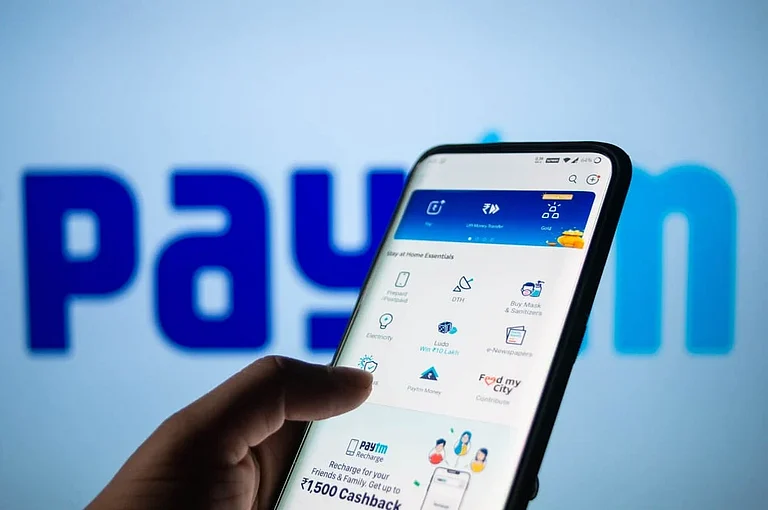
Summary of this article
RBI clearance lets Paytm fully revive merchant onboarding.
Licence strengthens user safety in digital payment flows.
More merchants join, widening payment choices for shoppers.
Paytm Payments Services has been given the final mandate by the Reserve Bank of India (RBI) to operate as an online payment aggregator. With this, Paytm will restart onboarding new online merchants and continue to offer payment processing services as per the central bank's guidelines.
The approval is significant because the payment aggregator licence is now mandatory for any company that wants to collect digital payments on behalf of merchants and settle them securely. Over the last couple of years, RBI has tightened supervision in this segment to ensure customer protection, fund security, and technical reliability. The final nod means Paytm can now run its online payments business without the regulatory uncertainty that had limited its operations earlier.
What is a Payment Aggregator
A payment aggregator provides the infrastructure to enable merchants to receive digital payments. Instead of a merchant having to create and maintain links with each bank, card network, or UPI app, the aggregator acts as a single point of connection. It collects the money from customers through modes like UPI, cards, wallets, and net banking, pools it in a regulated nodal account, and then settles the amount with the merchant within a fixed time period.
This structure is designed to ease digital payments for small and medium businesses. It also enables new online sellers to start accepting payments quickly because they do not need separate technical integrations with each payment method.
Why this Approval is Important to Paytm
Paytm Payments Services had applied for the licence earlier, but the central bank had initially asked the company to resubmit its application. This was over concerns around compliance with foreign investment rules. As a result, Paytm was forbidden to onboard any new merchant from late 2022. Existing merchants continued to be serviced, but the company couldn't expand its base.
How the Approval Impacts Merchants
For merchants using Paytm for receiving payments, normal operations are expected to continue. The key change is that new businesses can again be onboarded. In the case of small sellers and start-ups, this helps because more aggregator options in the market usually make integration more flexible and reduce dependence on a few players.
The approval does not change the process for existing merchants, as settlement timelines and security requirements are guided by RBI rules.
Since the aggregator license is basically an essential requirement for processing payments, merchant services can now expand without the regulatory interruption that had slowed the business earlier.
Significance for Users
The final RBI approval ensures continuity in the regulated environment of this platform, focusing on transaction safety, grievance handling, and secure data practices. The users may also see the service available across more online platforms because more merchants can join the network.
For users who like variety in payment methods, like UPI, cards, and wallets, the aggregator licence ensures these options continue to remain available within the rules set by the regulator. The licence is also important to users who follow the stability of digital payment platforms. This removes uncertainty over whether the company can operate its online payments business.
Users who are already paying on the websites or apps through this platform can do so, with no need to shift to any other service for reasons of regulatory restrictions. Also, over time, as the onboarding of merchants continues, the user may find that the payments are available on more apps, websites, and services.
What the Approval Does Not Cover
A licence does not automatically change the charges, speed of payment, or promotional offers, which depend on the merchant, the mode of payment employed, and internal company policy.
Approval does not, similarly, affect offline systems, which are handled under different rules. Also, any new product or feature launched by the company will have to continue adhering to the guidelines of the RBI. The license only confirms that the company can act as an online payment aggregator.











